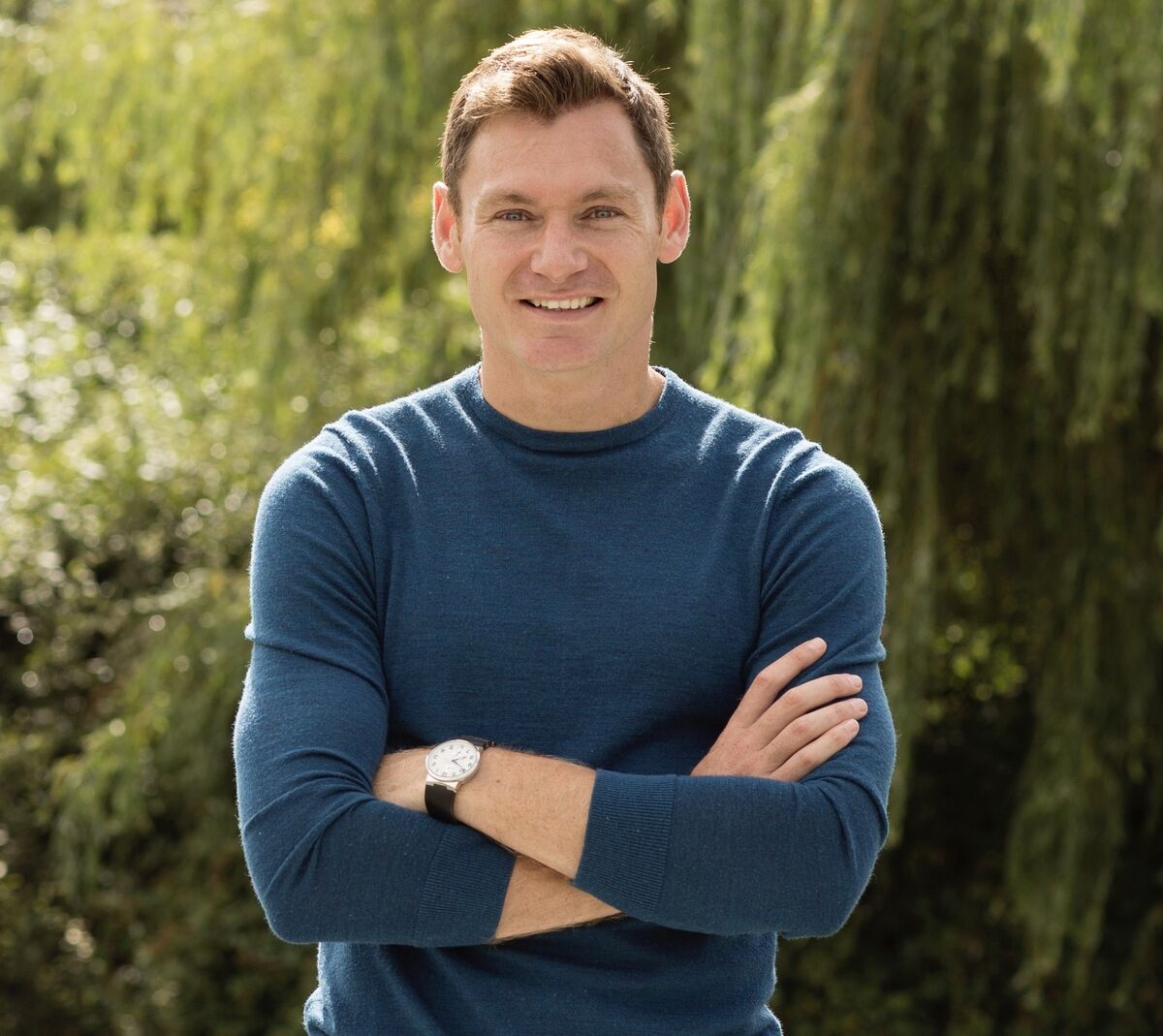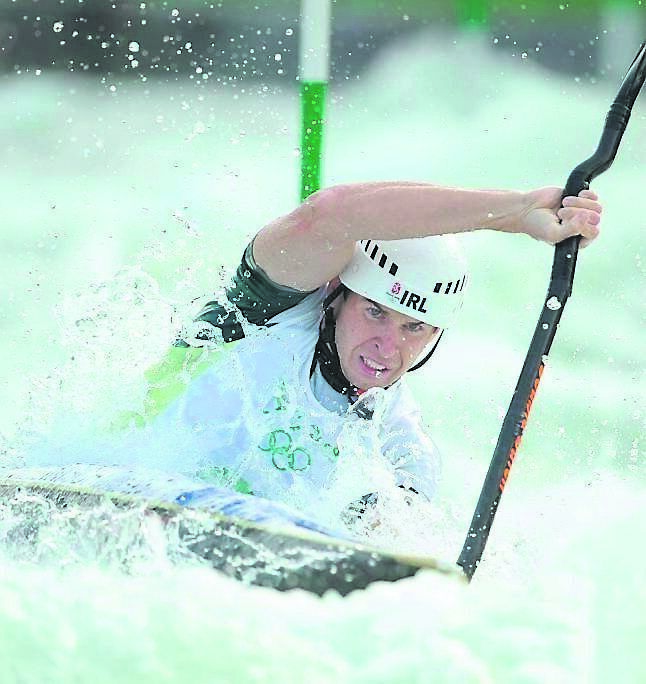When the crowd falls silent: what comes after Olympic glory?

Kellie Harrington, at her homecoming on Kilkenny St Dublin. Photo Julien Behal,

British charity Switch the Play supports sportspeople adapting to life outside sport, and has worked with more than 1,000 people last year.

While Olympic athletes are now evaluating themselves and their performances ahead of another four-year cycle, and asking themselves ‘What shape will I be in come 2028?’, members of the institute’s support team have already been making regular contact with those who did not qualify for the 2024 Games — some of whom may well be asking themselves similar questions. On the most practical level, a programme for long-standing athletes means that on retirement, they will receive a further 50% on top of their final year’s annual funding. This ‘parachute payment’ is designed to ease any financial issues as they leave the track and enter the real world — even if that could mean continuing in sport in coaching or another related role for many.
“It is 100% a privileged position,” he says of his Olympics gig, remarking on the vulnerability that some athletes — even the biggest names who stopped by to have a word with him, like Dutch track and field athlete Femke Bol and Norwegian long-distance runner Jakob Ingebrigtsen — showed immediately after races they have waited for years to run. But then the Olympics is like that, everything building to an epic finale after years of blood, sweat and tears.





